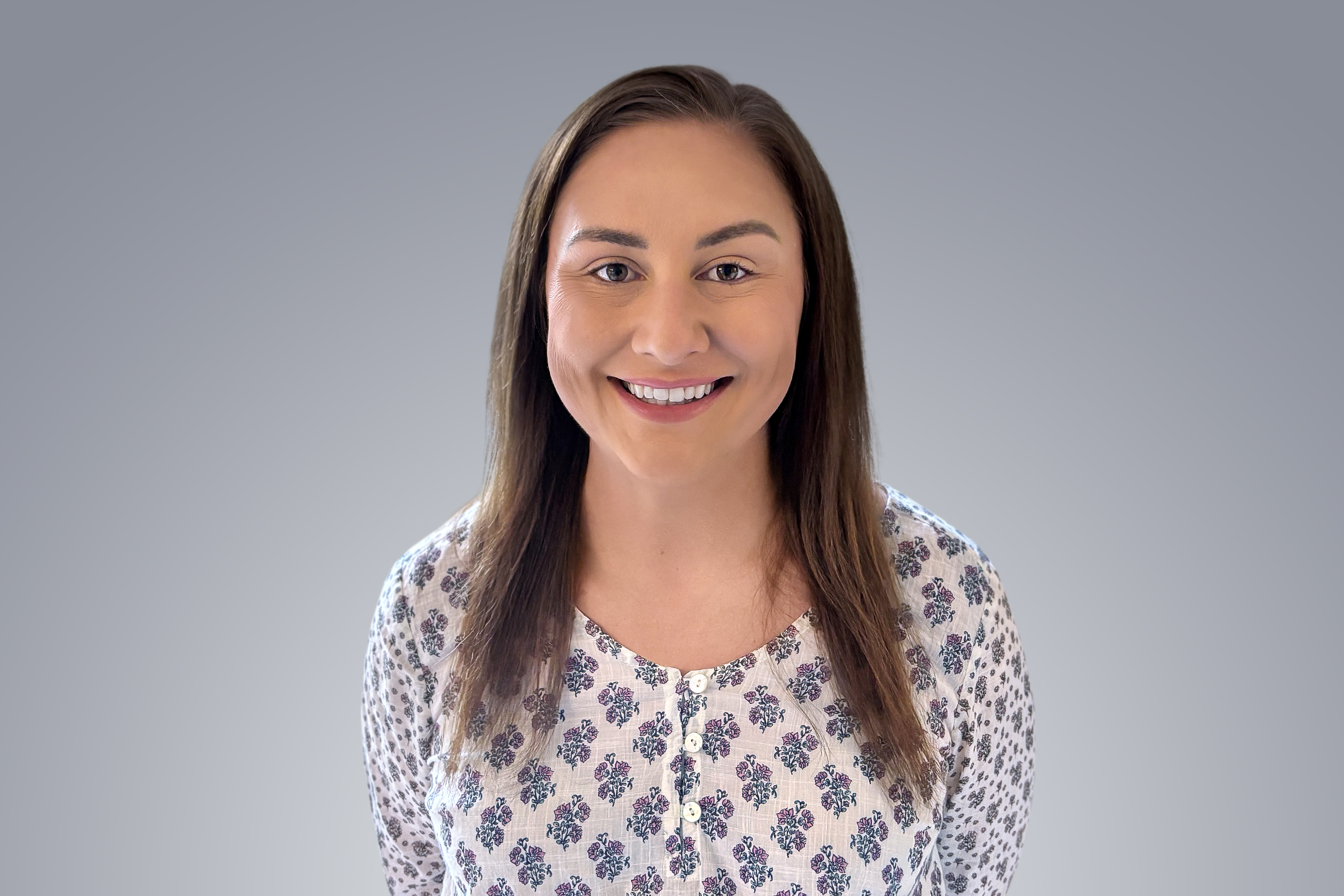Debt in Retirement: What You Need to Know
It’s not always bad. Sometimes it’s even smart.
Article published: June 24, 2025

Debt can feel like a weight on your shoulders that’s keeping you from being financially free. And that feeling might get even weightier if you’re about to retire. How much worse is debt if you no longer have an income? Let’s take a look.
IS IT OKAY TO HAVE DEBT IN RETIREMENT?
The short answer is yes, it’s generally okay to have debt in retirement. Of course, where it lies on the spectrum from “totally fine” to “yikes” depends on what kinds of debt you have and how much.
There are also other factors, like the interest rates on your debt and how healthy your balance sheet and cash flow are.
THE RISKS OF CARRYING DEBT IN RETIREMENT
Why are people wary of having debt in retirement? Much of it is emotional.
In retirement, your primary income stream stops. Many folks only have Social Security and their retirement savings to live off of for their remaining years. Reducing expenses to the greatest extent possible becomes important.
Debt payments are an expense like any other. And if they have a fixed interest rate, they’re predictable and level, which makes them easier to budget for than many other expenses. So, if you have the income to make the payments, they don’t need to keep you up at night.
That said, they might stress you out anyway. And keeping your costs low is never a bad idea – you'll definitely have unpredictable expenses pop up throughout retirement, so the additional flexibility of being debt-free can give you more confidence.
Aside from all that, the less you spend on debt payments in retirement, the more you’ll have for fun stuff!
PAYING OFF DEBT BEFORE RETIREMENT: IS IT ALWAYS THE BEST MOVE?
Entering retirement debt-free can be a wonderful thing, but it’s not a requirement.
These are the questions you’ll want to ask yourself when deciding how to handle your debt:
- What kinds of debt do I have?
- What are the interest rates?
- What cash or other liquid assets could I use to pay off the debt?
- What long-term market returns am I expecting during retirement?
- How would paying off the debt impact my long-term retirement security?
There are pros and cons to paying off your debt before retirement. On the plus side, as we’ve covered, fewer expenses can mean more security and flexibility. On the downside, paying off debt could cost you, through lower investment growth and higher taxes. We’ll explain how as we go along.
TYPES OF DEBT PEOPLE CARRY INTO RETIREMENT
MORTGAGE DEBT
You may be surprised to hear we generally don’t recommend paying off your mortgage before retirement. Mortgage loans are some of the cheapest money you can borrow, and on top of that, the interest is generally tax-deductible if you itemize your deductions. That’s why they call it “good debt.”
Don’t use part of your retirement savings to get rid of your mortgage. It will eat into liquid assets you might need or want for something else later. In addition, depending on your interest rate and potential market returns, you might actually lose money by paying it off (if the amount you save on interest is less than what you could have earned by investing the payoff money).
And if you still need another reason to avoid using retirement savings to pay off your mortgage early, remember that retirement savings in a traditional 401k or IRA are generally taxed as income. That large lump-sum withdrawal to pay off the house could push you into a higher tax bracket and cost you even more.
CREDIT CARD DEBT
At the other end of the spectrum is credit card debt. As with a mortgage, the answer here is the same as if you were still working: You want to prioritize paying it off.
That’s because credit cards can have some of the highest interest rates of any debt, the interest is not tax-deductible, and you’re probably not getting something of great value (like a house to live in) in return.
Using retirement savings to wipe out your credit card debt is one way to go about it. But as we said, you could face tax consequences when withdrawing a large amount of retirement savings at once.
Another option could be to consolidate your credit card debt under a personal loan with a lower interest rate (or transfer it to a low-or zero-interest credit card) and pay it off over time.
You could also consider getting a home equity loan, which is likely to have a lower interest rate. Just watch out for fees and costs to take out the loan.
Finally, if you can, this might be the best strategy of all – keep working for now and use the income to pay it off. Then you’ll be able to enter retirement on more solid financial footing.
AUTO LOANS
If you have an existing auto loan and the interest rate is relatively low, continue to make the payments as scheduled – you don’t have to pay it off early.
Once you’re retired, the decision whether to pay for new cars in cash vs. take out a loan depends on your tax situation, your available cash, interest rates and other personal factors. A financial advisor can help you decide what makes the most sense for you.
PERSONAL OR FAMILY LOANS
Personal loans through a bank come with interest, though the rates could range from very low to quite high. Family loans of $10,000 or less can be interest-free and loans for larger amounts might be interest-free or have more favorable rates than securing a loan through the bank. In all cases, the decision to pay it off vs. keep making payments depends on how the interest rate stacks up against the potential earnings on the money you’d use to pay it off.
Say you have a $50,000 loan at a 4% interest rate. You have the cash to pay it off sitting in a money market fund currently yielding 5%. All else equal, you’re financially better off leaving the cash in the money market and continuing to pay the debt over time.
If you do decide it’s better to pay off the loan because it has a high interest rate, but you don’t have the cash or other liquid investments available and would need to withdraw retirement money, you can again consider getting a home equity loan. That way you won’t have to pay income tax on a large withdrawal.
STUDENT LOANS
If you took out student loans to help your kids get through college (for example, Parent PLUS federal loans), you may still be paying them off when you enter retirement. Surprisingly, according to the National Consumer Law Center, most of the 3.5 million older Americans with student loans are still paying their own college debt.
No matter who the debt is for, we never recommend taking on college debt if it’s going to harm your ability to save for retirement. Because federal loans are owned by the government, any default can cause your wages, tax returns and even Social Security to be garnished. And most student loans – even private loans – are difficult to discharge even in bankruptcy.
So ideally, your own loans and those of any dependents will be paid off before retirement. But if they’re not? Federal student loans have reasonable interest rates and income-based repayment options. As long as you can handle the payments and they won’t lower your standard of living, it’s not necessary to pay them off before you retire.
WHEN TO PRIORITIZE DEBT VS. RETIREMENT SAVINGS
If you haven’t retired yet and you’re wondering how to make the best use of excess cash flow, here’s what we believe:
- First make sure you’re maxing out pretax contributions in any retirement plan through your employer Unless you have credit card debt that you do not expect to pay off within six months, then contribute enough to get the full company match. After addressing the credit card debt, maximize pretax contributions at that time.
- Then focus on paying down high-interest credit card debt. Make other debt payments as scheduled.
- Then make sure you have enough money in your emergency savings.
Once retirement and emergency savings are fully funded and you have no credit card debt, you can consider paying off your other debt. But it’s still not necessarily the best use of your excess cash – this is where talking to a financial advisor can be really helpful.
HOW TO MANAGE DEBT IN RETIREMENT
REFINANCE OR CONSOLIDATE
As we said, if you have high-interest debt or a lot of smaller, hard-to-manage loans, you may want to consolidate them into one loan with a lower rate. You can also refinance a single loan (like your mortgage) if your current interest rate is higher than available rates for a new loan.
If you own your home and have the equity to qualify, a home equity loan could be ideal for consolidating. It will generally give you a relatively low fixed rate. If not, a personal loan may be your best option.
CREATE A BUDGET AND PAY IT DOWN
After seeing if you can refinance or consolidate to lower your debt payments, make a list of all your expenses and compare them to your income. Any excess income should go toward paying down debt if you’re concerned it will impact your quality of life.
One popular method of paying off debt is the snowball method. Make the minimum payments on all debt and put any extra cash toward the smallest debt. It should be paid off quickly. Then take that cash and put it toward the next-smallest debt. Repeat until all debts are paid off.
The snowball method will give you an immediate sense of progress. But an even better method (financially) might be the avalanche method. Instead of starting with the smallest debt, you start with the highest-interest debt and go from there.
AVOID TAKING ON MORE DEBT
It may go without saying, but if you’re concerned about your ability to make payments on the debt you already have, don’t take on more debt. Look at possible options like working part time, waiting to claim Social Security so you have a higher monthly payment or cutting expenses for extra cash flow.
TALK TO A FINANCIAL ADVISOR ABOUT YOUR DEBT STRATEGY
Entering retirement with debt doesn’t have to be a big deal. In some cases, it can be a savvy financial strategy. A financial advisor can take a look at your situation and give you guidance on which debts to pay down to help you gain the peace of mind you need in retirement.
This material was prepared for educational purposes only. Although the information has been gathered from sources believed to be reliable, we do not guarantee its accuracy or completeness.
Neither Edelman Financial Engines nor its affiliates offer tax or legal advice. Interested parties are strongly encouraged to seek advice from your qualified tax and/or legal professionals to help determine the best options for your particular circumstances.
AM4651391





